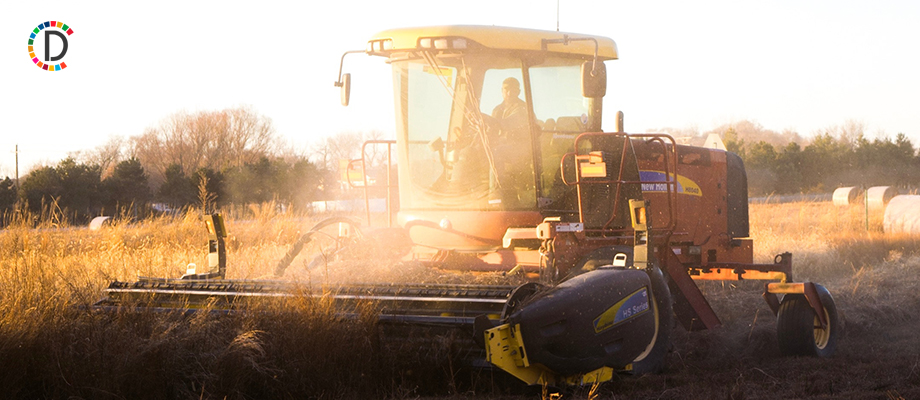Tocantins River Project Sparks Environmental and Community Concerns
The Brazilian government's plan to blast the Tocantins River for an expressway threatens local communities and ecosystems. Fishermen and researchers raise concerns over biodiversity and displacement. The project aims to boost grain exports but faces legal opposition due to environmental and social impacts.

The Tocantins River, a crucial waterway in Brazil's Amazon Basin, is at the center of a controversial new government project to transform it into a major artery for agricultural freight. The plan involves blasting through rocky rapids to allow barge traffic, which promises to lower costs for soy and corn exports.
Local fishermen, including Welton de Franca, who rely on these waters, are alarmed at the potential disruption to their livelihoods. Federal prosecutors, alongside researchers, have raised concerns about the project's impact on the river's biodiversity, with rare fish species and turtles likely at risk.
Despite support from government officials like Governor Helder Barbalho, the community fears displacement and loss of their traditional way of life. The debate over economic development versus environmental preservation continues, as stakeholders prepare for discussions at the United Nations COP30 climate summit.
ALSO READ
-
Protests Erupt Over Brazil's Deadliest Police Operation
-
Deforestation in Amazon at 11-Year Low as Brazil Preps for COP30
-
Grim Aftermath of Brazil's Deadly Police Raid: A Nation in Turmoil
-
Amazon's Time Machine: Future Climate Simulation in Brazil's Rainforest
-
UN Rights Chief Urges Sweeping Police Reform in Brazil After Deadly Rio Raid









